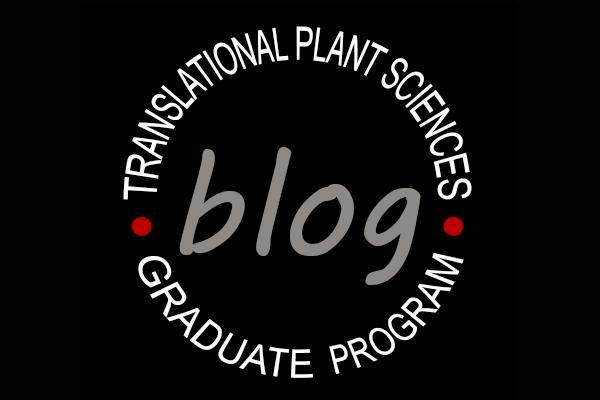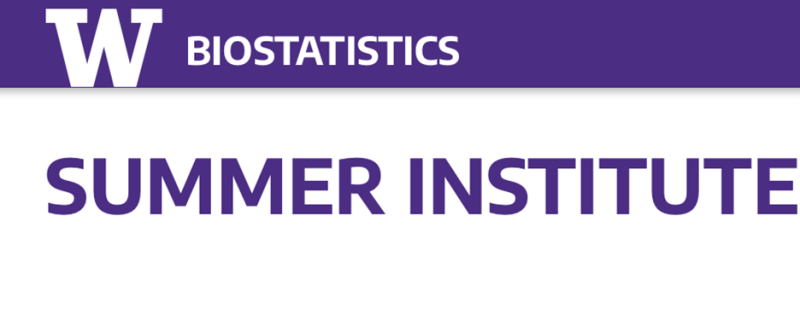Summer Institute in Statistical Genetics


I was recently able to attend the 26th Summer Institute in Statistical Genetics (SISG) via zoom. The summer workshop is offered by the Department of Biostatistics at the University of Washington and is usually held in Seattle, Washington; however, the past two years have been exclusively virtual. I became aware of the workshop last year when my co-advisor, Dr. Jonathan Fresnedo, shared his experience with the summer institute and recommended I look into it. Unfortunately, I was a week late to the 2020 registration deadline, so I made sure to sign up for their newsletter and set a reminder for this year’s deadlines. With the support of my advisor Dr. Leah. McHale, I was fortunate to successfully apply for a scholarship to attend three modules this year. The registration rate for this years’ workshop was 400 dollars per module which are relatively cheap considering the cost to attend the 24thinstitute in 2019 was 675 to 775 dollars and the information shared in the modules was incredibly valuable.
This year there was an offering of 15 modules covering a variety of topics intended to introduce modern methods of statistical analysis and the challenges associated with modern genetic data. The topics ranged from Introduction to Genetics and Genomics and Introduction to R to Computational Pipeline for whole-genome sequencing data and Multivariate Analysis for Genetic Data. I enrolled in Module 5 Regression Methods: Concepts & Applications, Module 11: Quantitative Genetics, and Module 14: Mixed Models in Quantitative Genetics. The 3 modules I attended were each 3 days long with four ninety-minute lectures and two one-hour long group discussions daily. I found the modules to be very rewarding although I will admit that I did feel totally lost from time to time. It was a great experience and opportunity for me to brush up on my stats and gain a deeper understanding of statistical approaches in quantitative genetics. A week after the workshop I realized it helped clarify a lot of the terminology I was previously struggling with because I was not just skipping it over anymore.
As a scholarship recipient, I was given the opportunity to meet with my instructors for further discussion via an enhancement session with other recipients. There were five other recipients for each of the modules and we are all working in a different field so hearing about their different aspects of quantitative genetics gave me ideas on how I could approach my studies. It was great to meet Dr. Rebecca Hubbard, Dr. Bruce Walsh, and Dr. Guilherme J.M. Rosa. They were all very attentive and seemed genuinely interested in our research. It was especially great to interact with Dr. Bruce Walsh who is extremely humble and kind. His willingness to share his knowledge with the next generation of researchers is motivating given his accomplishments and the fact that he can be off enjoying his retirement collecting cool moths somewhere which he shared to be his hobby.
There were pros and cons to attending a virtual workshop, but they did a great job trying to address the challenges of not being able to meet in person. They used slack to build rooms for registrants of each module where they encouraged us to share ideas and ask questions. Slack is a great way for us to discuss any questions we have with our classmates after the modules since it is still active, and the instructors will chime in. It does not completely fill the void, but it does facilitate networking and group discussion at least a little bit. The best part of a virtual workshop is having access to the lectures. It was a lot of information to capture and it is nice to have a recording of the lecture and lecture to go back and revisit concepts that are tough to grasp. I had a great time attending the workshop and found the modules and discussions with my instructors and fellow attendees to be valuable.
Written by TPS graduate student Josue Diaz
